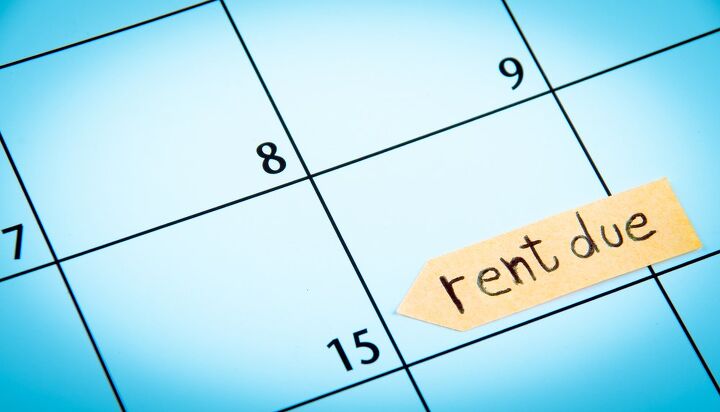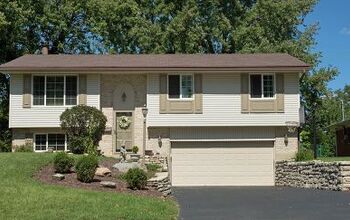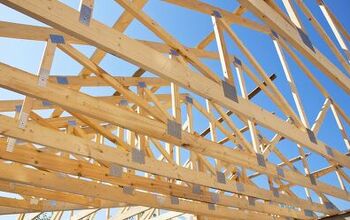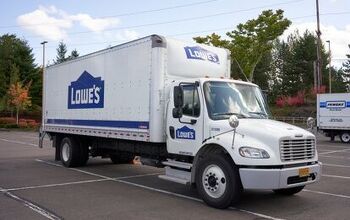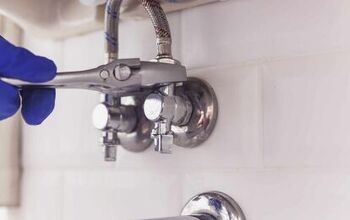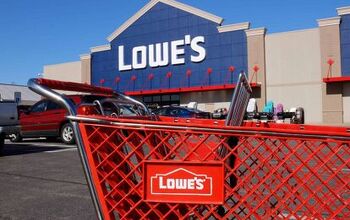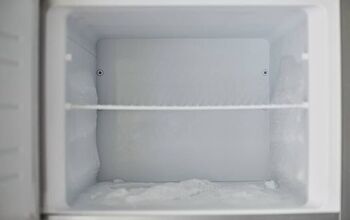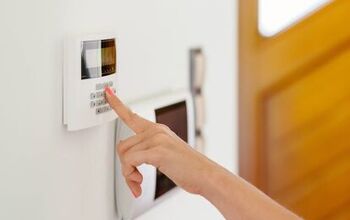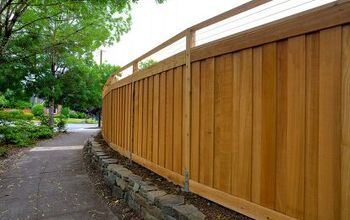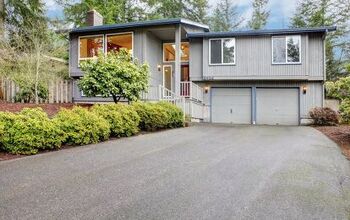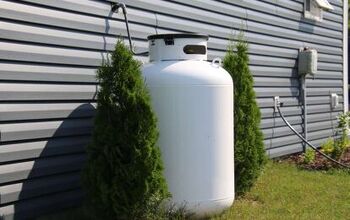Can Your Landlord Charge For Water and Sewer?

As you prepare to move into a new apartment there are many details you need to iron out. There are the fun details of course, like decorating and apartment shopping. Then there are the more tiresome aspects, like the logistics of moving and the financial costs associated with it all. As you start adding up the costs for your new apartment you should also factor in any and all utilities. Believe it or not, this may even include water and sewer charges.
Water and sewer fees are often included in the monthly rent. In the majority of lease agreements, tenants are not responsible for paying water and sewer bills. If, on the other hand, the lease dictates that the tenant is responsible for all water and sewer, then the tenant must pay. There are, however, state laws that restrict and regulate a landlord’s ability to charge for these utilities.
If you are wondering whether or not you are responsible for water and sewer at your rental there are a few places you should check. There is, of course, the lease. Then there are the local and state laws and regulations to consider. But before you read through these documents with a fine-toothed comb, you should know how water and sewer are charged. This will help you understand why a landlord might be more inclined to include these fees in the rent rather or as a separate charge.
Who Is Responsible For Water And Sewer: Landlord or Tenant
When it comes down to who, in the end, is ultimately responsible for water and sewer, it is usually the landlord. This is because water and sewer are often run by the city or municipality rather than a private company. This also means that instead of a company going after a tenant with a collections company, the city goes after the property owner.
This is what separates water from other utilities like electricity. This is also one reason why water is often included in the rent price. The landlord will likely just add in an extra fee within the price of rent to cover this cost.
The other reason the landlord might include the water and sewer is because the price is often minimal. Unless you live on a farm or have a private pool, the water bill in many U.S. states is negligible. Including this smaller utility makes the property a bit more appealing to renters. After all, the fewer bills associated with a rental the better. The average U.S. water bill is around $45, and apartment bills with no yard are likely to fall even lower than that.
A landlord might not want to include the water bill if you live in a state with high or fluctuating water prices. He or she also might be inclined to pass on the water bill if you are renting a large property with sprinkler systems, a pool and other high water usage features. This is a way to discourage a tenant from using water in excess.
Four Reasons Why Your Landlord Can Charge For Water And Sewer
1. It Is In The Lease
The main reason a landlord is allowed to charge you for water and sewer is that it is in the lease. If the lease stipulates the tenant is responsible for water and sewer, and you sign that lease, then the odds are you are on the hook for the water bill.
If the lease, on the other hand, says the water and sewage are covered in your rental agreement, then the landlord is responsible. Just as the landlord can use the lease to show you are responsible, in this case you can use it to show the landlord is responsible.
If there is no mention of water or sewage in the lease, then things can get a bit trickier. In the end, the landlord may be stuck on the hook for this, as the land owner is usually the one whose name is associated with this bill. Still, things can get murky, which is why it is always best to make sure there is verbiage in the lease that outlines who is responsible.
2. If State And Local Law Allows It
In some states and cities, landlords must abide by strict water usage laws. For example, they might have to ensure there are efficient water faucets, and an accurate usage reader if they plan to charge the tenant for specific usage.
In some cases the landlord might be able to use a formula, if it is an apartment building, to determine how much money each tenant is responsible for. Pay particular attention to exactly how your landlord plans to charge you for water, as it might not be an exact reflection of your usage.
3. The Water Is Metered, Controlled, And Monitored
Your landlord may have a water meter installed, allowing him or her to take accurate monthly readings. This might be required if your landlord plans to charge you separately for water. It is particularly important if you live in one unit, but there are more than one units of the property. This allows for accurate usage charges. This may even be a requirement where you live, in efforts to prevent landlords from overcharging.
4. The Landlord Has Factored Water And Sewer In The Rental Cost
The most common way a landlord charges you for water is simply by adding it into the total rental cost. While it might not seem like you are paying for water and sewage, the odds are the landlord has simply taken the rental price he or she wants to charge and added the average monthly usage.
This means, in theory, that water is not a utility that you have to pay. But it is important to understand this, as in the end, most tenants end up paying for water one way or another.
Signs That You Are Being Overcharged For Water And Sewer
Your Bill Is Higher Than The Average In The State
When your water bill is higher than a standard water bill, you should look further into your charges. If you don’t think you use more water than a normal person, you can request information as to why your bill is so high. Look into your local laws. Your landlord may have a legal obligation to meter the water usage and provide you with details.
Your Water Bill Is The Same As Neighbors With Larger Units
Things can get tricky when you live in an apartment building and all the tenants pay for water. If you think you are paying an undue portion of the building’s total water bill, you can ask to understand the formula. You can also check local laws to see if how your landlord is charging you for water is even legal.
Your Bill Is Increasing With No Explanation
Water bills should not skyrocket without a change in usage. If you find that your water bill has increased then there might be a leak. There could also be a calculation issue. Either way, you should reach out to your landlord immediately.
Wrapping Up When Your Landlord Can Charge For Water And Sewer
It is very common for a landlord to include water and sewage in your rent. This is, however, not usually a requirement. If your lease says you are responsible for paying the water and sewage bill, then you likely are.
A lease is legally binding, making you obligated to pay these bills. You should make sure, if this is the case, that the charges are accurate and fair. Understand your local requirements and make sure the charges are in line with these requirements.

Tom Gaffey is an expert writer who currently resides in Washington D.C. Tom has a passion for real estate and home improvement writing, as well as travel and lifestyle writing. He lived the last twelve years in Hawaii where he worked closely with luxury resorts and event planners, mastering his knowledge of aesthetics and luxury products. This is where he found his passion for home improvement and a keen interest in DIY projects. Currently, Tom resides in Washington D.C, and also working on his debut fiction novel.
More by Tom Gaffey



